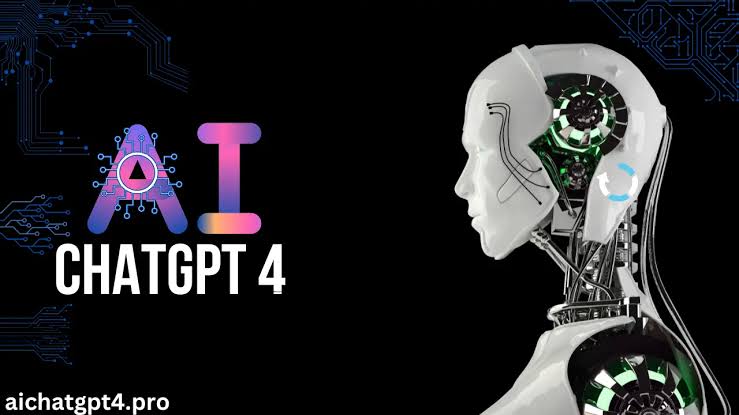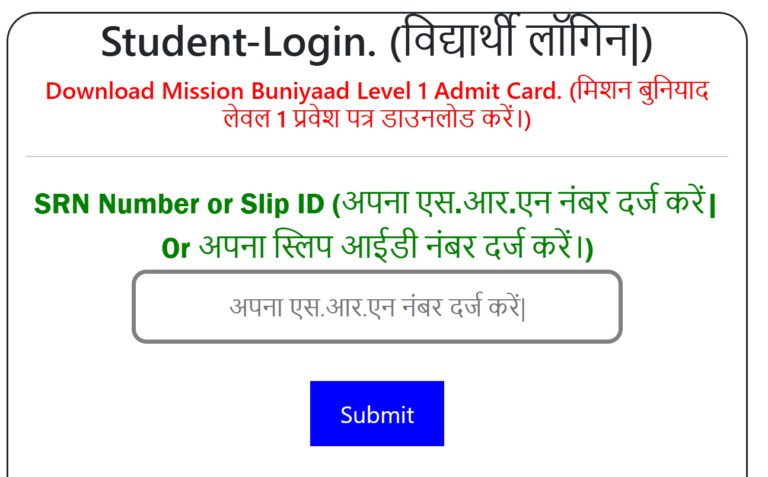GPT-4 can be used for FREE using this simple hack. Follow these 3 steps
Since its release, OpenAI’s latest GPT-4 model has taken the tech world by storm. Touted to be the most powerful tool of OpenAI so far, GPT-4 is multimodal, meaning it can interpret not only text but image inputs as well. Also, it had excelled in the world’s toughest exams including the US Bar exams, SAT etc. and supports about 26 different languages. However, it’s not accessible to free users, and only ChatGPT Plus users can access ChatGPT 4. Nevertheless, there is a hack that can be used to interact with ChatGPT 4 completely free.

How you can use GPT-4 for free?
GPT-4 can be used for free on Microsoft Bing Chat. Several reports suggest Microsoft’s Bing AI chatbot is already leveraging the GPT-4 model, known as Prometheus.
As per a report by tech website Beebom, Bing AI has some additional features that ChatGPT 4 does not have. Bing AI is capable of producing images from simple prompts, citing sources for information, and is more personable than other AI chatbots.
The website also elaborated on how to use Bing to freely access ChatGPT 4. Check these 3 steps:
If you are using Microsoft Edge, open bing.com/new (visit) and click on “Chat” in the top-left corner.
If you are using other browsers, you first need to install this extension: Bing Chat for All Browsers (install). This will allow you to use Bing AI Chat on any web browser.
Now, you can go ahead and interact with the GPT-4 powered Bing Chat.
Since OpenAI released its ChatGPT chatbot in November, as well as its latest language model — GPT-4 — last week, interest has soared among established companies and startups seeking to build the technologies into their own products. Microsoft, which recently boosted its investment in OpenAI by a reported $10 billion, is widely testing a new Bing search engine that uses GPT-4 and is overhauling its Office software.
On Tuesday, Alphabet Inc.’s Google granted the public access to its ChatGPT competitor, the conversational AI service it calls Bard. Startups working in generative artificial intelligence — so called because the tools are used to create new content — saw funding hit $2.65 billion in 2022, a 71% increase from the prior year, according to CB Insights.




